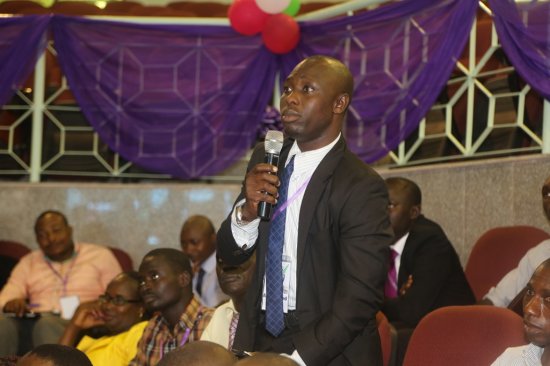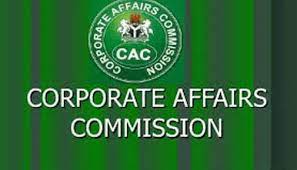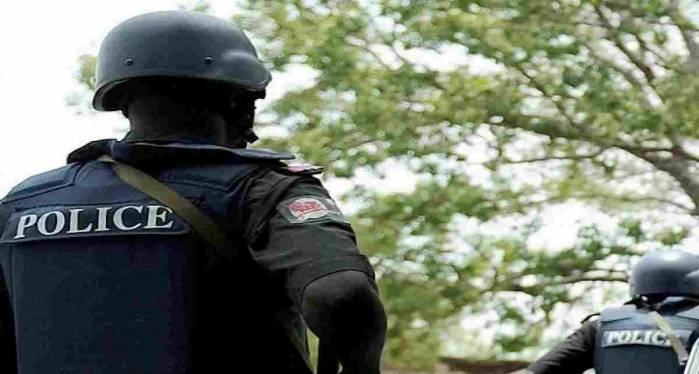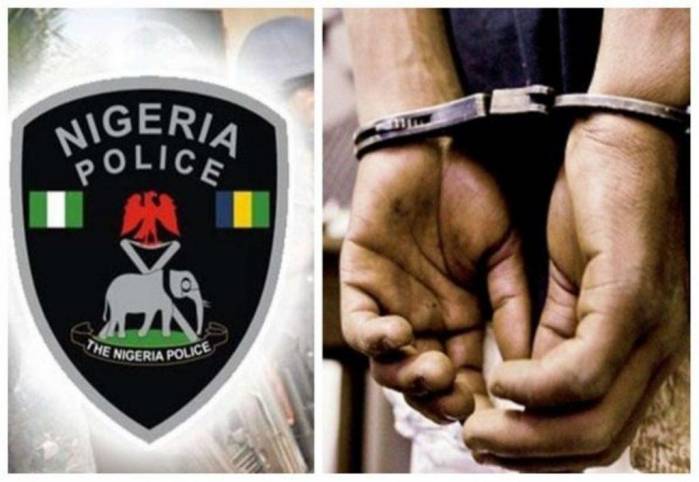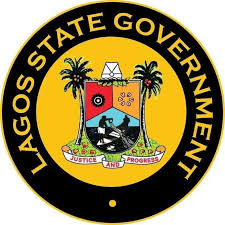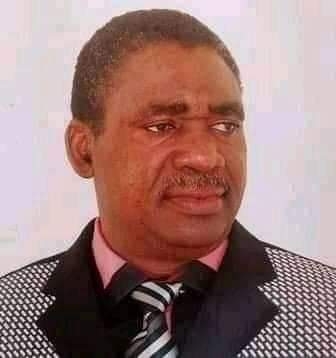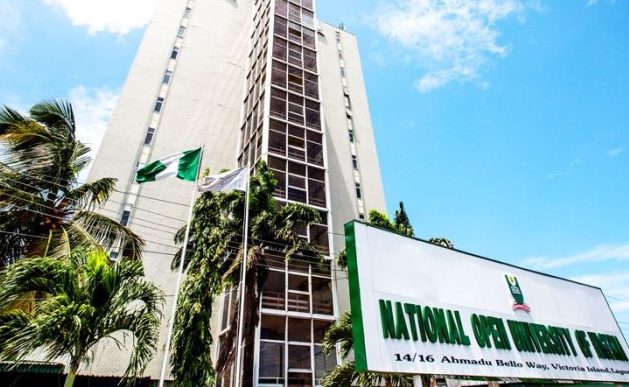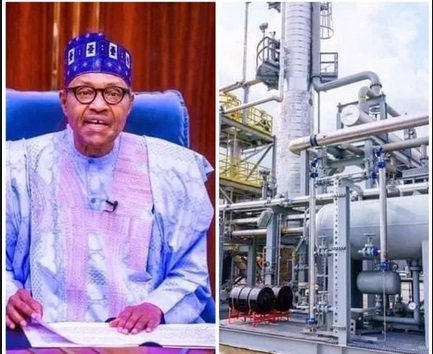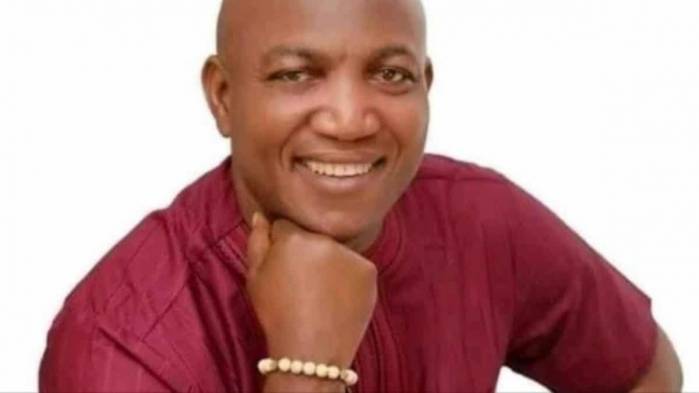Media organisations have been urged to always put humanity first in their reportage to promote peace building in the country.
Mr. Mojeed Alabi, Deputy Head, Investigations, Premium Times, made the call in Akwanga on Wednesday.
Alabi was speaking at a two-day Media Masterclass on Policy Engagement for Preventing Violent Extremism during and post COVID-19 in Kogi and Nasarawa States.
The event was organised by Actionaid Nigeria with the support from Global Community Engagement and Resilience Fund (CERF) to train journalists on reporting issues in the crisis period.
Alabi, who spoke on the topic: “Handling Newsroom Biases to reduce Social-Political Crises in Nigeria,” said humanity should be placed high while reporting to douse tensions around violent extremism in the country.
He said that there was a need for media organisations to be agents of change, influencers and promoters of peace rather than conflict in their news reports.
According to him, since human brains are wired for choices and preferences, journalists must strive to make humanity the centre of their preferences.
“Biases are natural because our brains are definitely wired to take choices. As much as choices are varied definitely, our preferences will be varied too.
READ ALSO: Air Peace Resumes Lagos – Accra Flights March 15- Official
“But because the work of journalists affects so much people, they have influence on so many individuals. So, such powers cannot be used because you have advantage, but what is important for us is to be fair to the public.
“So the priorities should always be humanity when reporting or writing opinion or feature writing, you must try as much as possible to let humanity be our priority so that people will be fair in what they dish out to the public.”
Alabi further said that the world saw through the media as each word printed or broadcast had varying degree of effects on the public hence the need to be objective in news reportage.
He noted that journalists were capable of addressing the problems associated with conflicts around the country through putting humanity first, seeking opposing view and being fair to sources.
He highlighted other areas to addressing the problems as being fair to all parties involved to crisis, accuracy and balancing and taking responsibility.
“Though reporters do not have control on what to use but at the same time they should be seen more as agents of peace rather than people fueling crises.
“It is important for reporters to also be clear in what they are writing and avoid ambiguity and you need to engage your editors to avoid errors capable of causing chaos.
“We are bound to have our own biases but these should not form the top of what we are reporting on,” he said.
He, therefore, called on owners of media outfits to avoid working with opinions at the expense of editorial values.
He also called for proper regulation of the media houses from being democratised to pave the way for good ethical standards.
